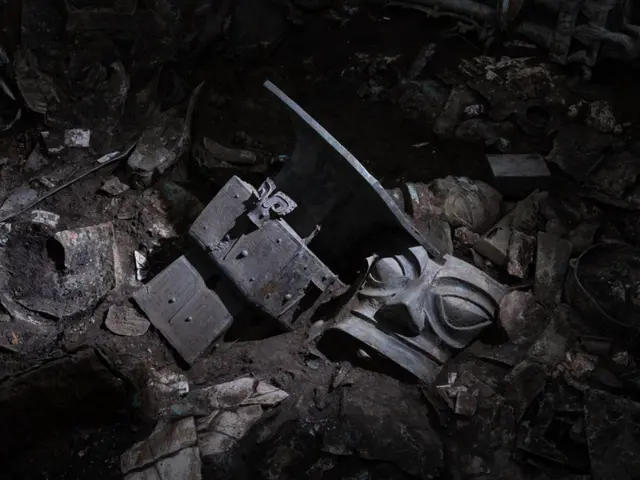Dialogue with Yang Rui put together a high-level panel of Chinese and Indian experts at Boao to explore the way forward for two giant Asian economies.
Participants identified challenges for the relationship, particularly border disputes, geopolitical concerns such as the Kashmir portion of the China-Pakistan Economic Corridor, and trade issues such as the question of state support for Chinese companies.
However, there was a strong overall feeling of optimism based on the potential gains from further cooperation, and the sensible approach to finding a way forward so far exhibited by both governments.
Ratan Tata, chairman emeritus of Tata Sons Ltd., had several suggestions for progress. ‘I think what Mr. Modi and the leadership in China have done in recent times, of truly wanting to come together is a wonderful first move…. We should see it through. We should encourage joint ventures in India. We should look at real trade other than minerals and raw materials.’
Speaking of the great complementarity of the Chinese and Indian economies, Long Yongtu, formerly of China’s Ministry of Foreign Trade and Economic Cooperation, said: ‘I believe a sense of threat between the two countries is more a misconception rather than a reality.’
Ajit Ranade, president and chief economist of India’s Aditya Birla Group, echoed that sentiment, saying that the Doklam standoff was well-managed by the two governments despite being amplified by social media. Further, he said, ‘I believe this is a relationship with a huge potential upside – huge.’
And Chen Deming, formerly with the Ministry of Commerce, said common interest would prevail. ‘The state leaders of both countries will base their discussions on the fundamental interests of the two countries and the Belt and Road Initiative to showcase their products.’
The consensus was that the sheer size of both countries’ economies and populations would be the ultimate determining factor of the relationship, provided both were wise enough to avoid lesser distractions.
Dr. Joel Ruet, president of the Bridge Tank think-tank, affirmed: ‘Leaving geopolitics aside, I would want to return to infrastructure economics to cooperation economics. Investment economics are based on the profitability of projects…. There is a lot of real business that is really useful to the people, the companies, and the two countries to be done in cross-investments.’
Yang Xiyu, executive vice president of the Institute of Boao Forum, summed up the prevailing view. ‘Whenever people concentrate on the threat from China or the threat from India, they concentrate on the geopolitical part, but the greater part is the geo-economic: the middle class as a basis for market…. Changes can be managed.’
And the growth of the middle-class in both countries, he believes, creates a mutual interest. ‘I think a great opportunity comes from poverty-alleviation for a short-term shared interest.’
(CGTN)
 简体中文
简体中文

